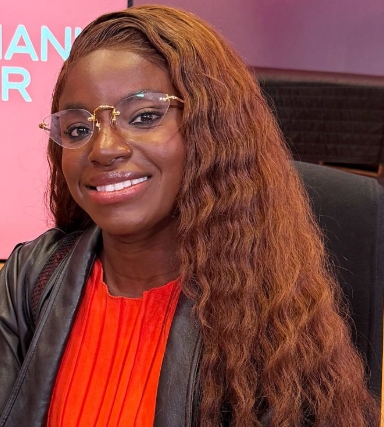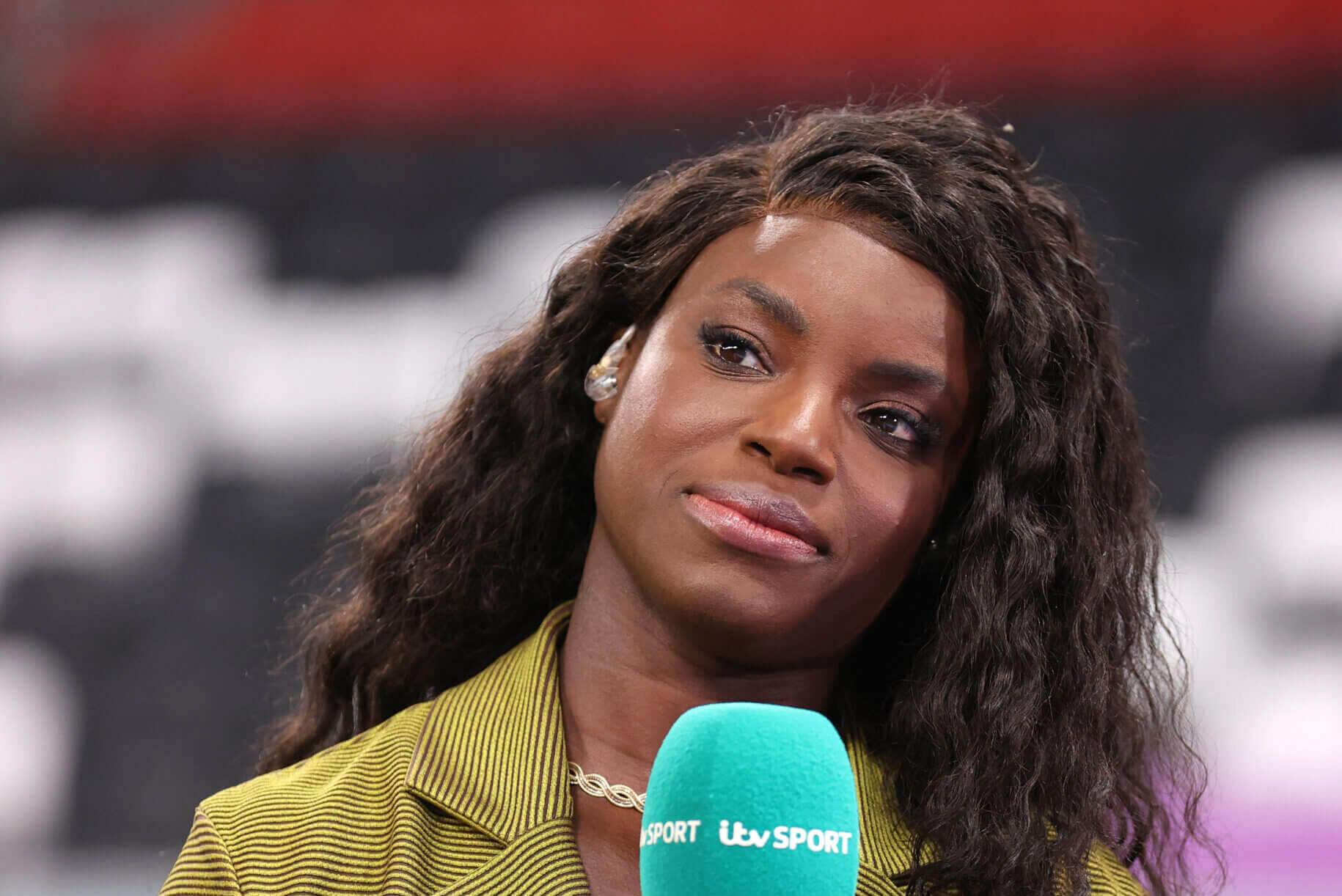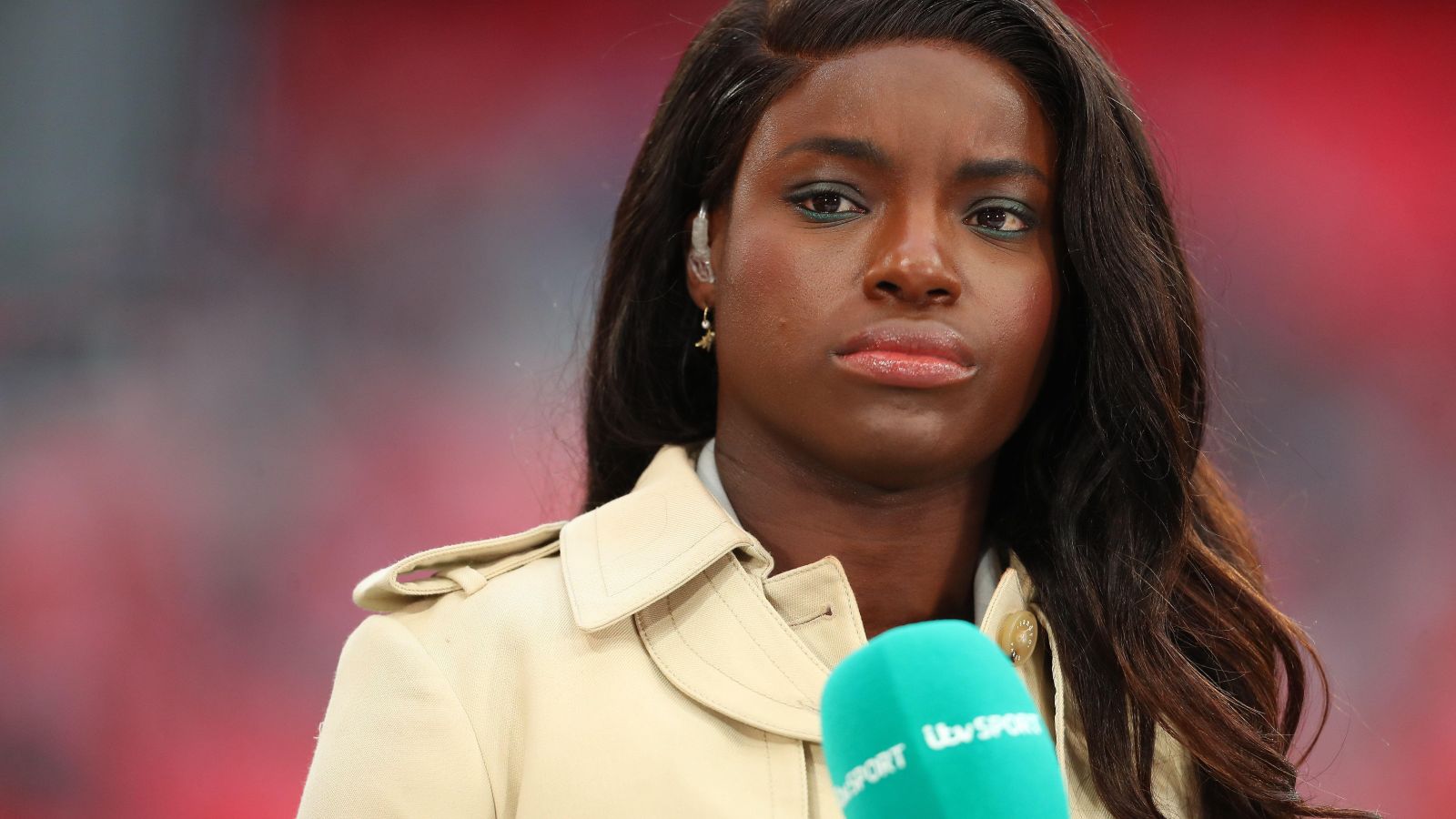
Eni Aluko Says Legal Battle with Joey Barton Has Damaged Her Broadcasting Career
Former England striker Eni Aluko has spoken out about how her career in broadcasting has suffered due to her ongoing legal battle with ex-footballer Joey Barton.
In an interview with BBC Radio 4’s Woman’s Hour, Aluko, 38, welcomed a recent High Court ruling in her favour during the first stage of a libel case against Barton. The case stems from a series of defamatory posts he made about her on social media platform X (formerly Twitter) in January 2024.
While Barton, 42, has not yet publicly responded to the judgment on the meaning of his posts, he retains the option to appeal or defend his statements should the case proceed to trial.
However, Aluko said the damage to her career is already evident, regardless of the eventual legal outcome.
“I’ve been working in broadcasting for over a decade — 11 years now,” she explained. “But in the past 18 months, I’ve done the least television work of my entire career. That’s not a feeling — that’s a fact.”
Aluko believes the decline in opportunities is directly linked to the fallout from her decision to stand up for herself in the public eye. “This happens across many industries,” she said. “When women speak up, when they challenge inappropriate behaviour or defend themselves, they often pay a professional price.”
She also highlighted persistent gender disparities within sports media. “There’s a double standard at play. Opportunities for female broadcasters are still limited, whether it's coverage of the men’s or women’s game. We’re often competing for just two or three spots, including the presenter roles,” she noted.
Aluko added that she believes some critics, including Barton and segments of the male fanbase, simply want women to be excluded from football broadcasting altogether. “What the Joey Bartons of the world — and many male football fans — want is for women to get off the TV,” she said bluntly.
Aluko has endured serious personal repercussions since Barton’s social media attacks. The court heard that he accused her of financial corruption through her father, questioned her private school background, and claimed she was “using the race card.” A judge has now ruled those statements were defamatory.
The volume and tone of abuse Aluko received as a result were overwhelming. “Joey Barton has tweeted about me 45 times. That creates a wave of abuse that spills into real life,” she explained. “It’s like living in a fishbowl — you become hyper-aware of everything.”
In the days following Barton’s posts, Aluko said she felt unsafe and had to take unusual precautions just to leave her home. “For the first week, I was disguising myself to go outside. Some people may think that’s excessive, but for me, that was the reality of the situation. I didn’t feel free to just be myself.”
Despite the emotional and professional toll, Aluko remains resolute. “We all have to continue holding people accountable for this culture. It’s not just about me — it’s about standing up to a wider issue.”












